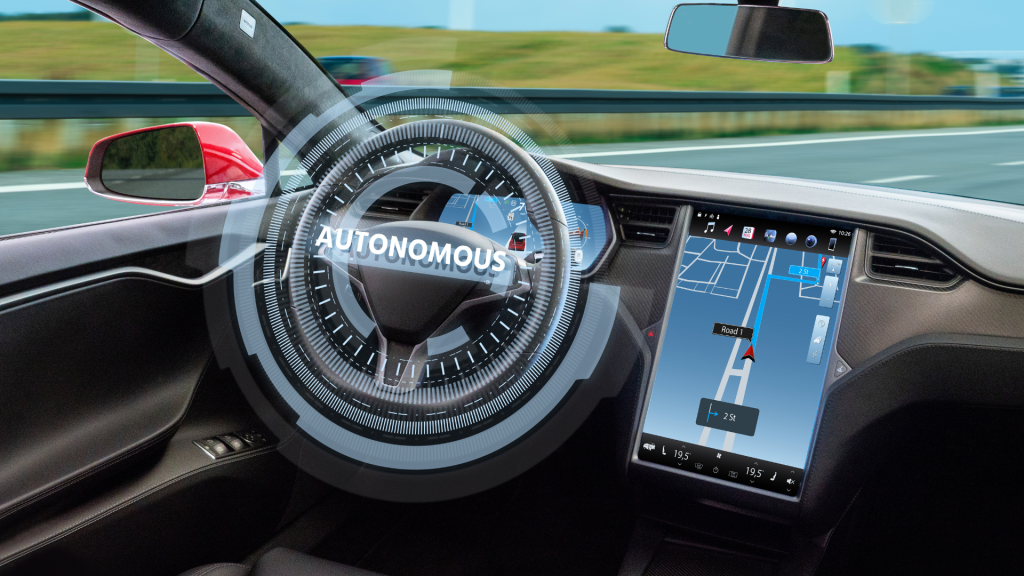
Self-driving cars are here to stay, and they’re only going to spread more and more. In this article, we’ll take a look at how self-driving cars will improve safety for everyone from drivers to pedestrians.
What Are Self-driving Cars?
Self-driving cars are cars or trucks in which human drivers are never required to take control of the vehicle. These vehicles rely on a combination of sensors and software to make decisions and safely navigate their environment. Self-driving cars have the potential to greatly reduce accidents and improve transportation efficiency.
The Pros and Cons of Self-Driving Cars
There are many pros and cons to self-driving cars. Take note though that as the technology continues to develop, the pros and cons of self-driving cars are likely to change.
The Pros
The pros include the fact that self-driving cars can help reduce accidents, can free up people’s time, and can reduce traffic congestion. The cons include the potential for cyber attacks and the possibility that self-driving cars will lead to job losses.
Some experts believe that self-driving cars have the potential to dramatically reduce the number of accidents. One reason for this is that human error is a major cause of accidents. Self-driving cars would remove this factor. Another reason is that self-driving cars would be able to communicate with each other, which would help them avoid collisions.
Self-driving cars could also free up people’s time. For example, people could use their commuting time to work or relax instead of having to focus on driving. This could lead to increased productivity and less stress for commuters.
Self-driving cars could also help reduce traffic congestion. This is because they would be able to drive closer together and faster than human-driven cars. This could lead to shorter travel times and less pollution from idling vehicles.
The Cons
However, there are also some potential downsides to self-driving cars. One is that they could be vulnerable to cyberattacks. Hackers could potentially take control of a car’s systems and use them to cause accidents or create gridlock. Another concern is that self-driving cars could lead to job losses, as taxi drivers, truck drivers, and others whose jobs involve driving could be replaced by machines.
Another disadvantage of self-driving cars is that they could increase the level of pollution in the environment. This is because electric cars produce emissions when they recharge their batteries. And, if everyone switched to self-driving cars, there would be a lot more cars on the road, which would lead to more traffic and more emissions.
Thus, there are both pros and cons to self-driving cars. Ultimately, the decision of whether or not to use them will come down to weighing the benefits and drawbacks.
How Do Self-driving Cars Assure Safety for Everyone?
Autonomous vehicles have the potential to drastically reduce traffic fatalities and improve safety on the roadways. With human error being a leading cause of accidents, self-driving cars can help to mitigate this risk by operating with precision and following all traffic laws.
In addition, these vehicles are equipped with sensors and cameras that allow them to constantly monitor their surroundings, giving them a level of awareness that surpasses that of even the most attentive human driver.
To ensure safety for all users of the roadways, autonomous vehicles must be thoroughly tested before being made available to the public. Currently, several companies and organizations are working on developing self-driving car technology, and many of them are conducting rigorous testing in both simulated and real-world environments. As this technology continues to evolve, we will likely see even more safety improvements in the years to come.
What is the Future of Transportation like with Self Driving Cars?
Many experts believe that self-driving cars will be much safer than human-driven cars. With self-driving cars, there would be no more drunk driving, distracted driving, or fatigued driving. The car would always be alert and would never get tired. In most DUI cases, if the driver gets hurt, they may have to contact a drunk driving accident lawyer to represent them in court and get them fair compensation. But with the help of self-driven cars, such incidents can be prevented leading to fewer road accidents and car crashes.
There are many other potential safety benefits of self-driving cars. For example, self-driving cars could communicate with each other to avoid accidents. They could also sense when something is wrong on the road ahead and warn the driver or take evasive action.
Of course, there are still some challenges to overcome before self-driving cars can become a reality. The technology needs to be perfected and made affordable. Infrastructure such as roads and traffic signals also need to be updated to accommodate self-driving cars. But if these challenges can be overcome, the future of transportation looks very promising indeed.